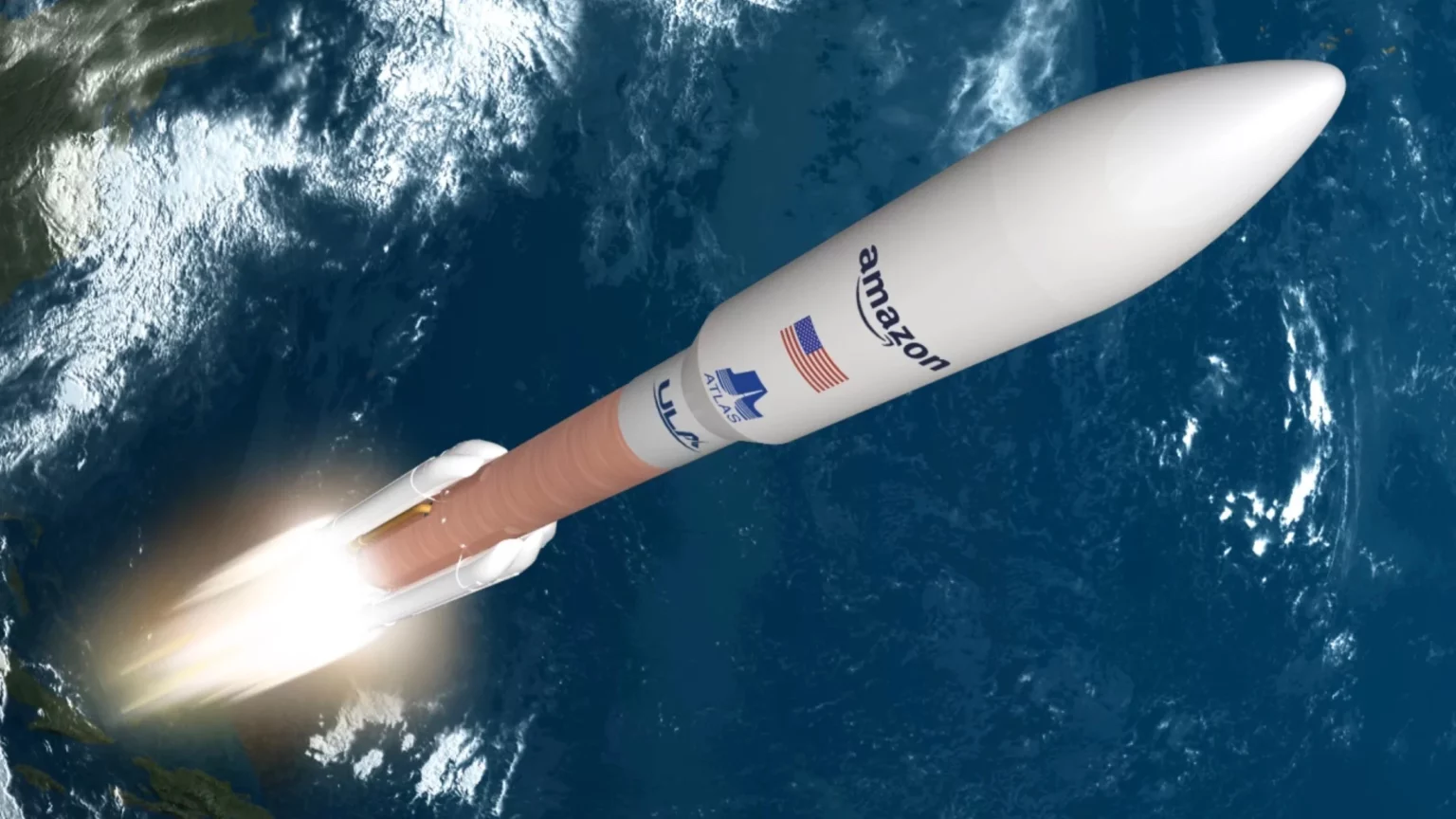On Friday, Amazon launched the first pair of prototype satellites for its scheduled Kuiper internet network into space from Florida, the company’s first measure before it deploys thousands more into orbit to beam internet service into the globe and contend with SpaceX’s Starlink.
A United Launch Alliance Atlas 5 rocket embellished with the Amazon logo lifted off from Cape Canaveral shortly after 2 p.m. Eastern time (1800 GMT), having the two Kuiper test satellites, a long-awaited probe Amazon initially had planned to launch operating various rockets.
The mission seeks to test Amazon’s first pieces of technology in space as the e-commerce and web services giant seeks to deploy 3,236 more satellites in the following few years and deliver broadband internet globally, an accomplishment Elon Musk’s SpaceX is targeting with its almost 5,000 Starlink satellites in orbit.
In the days leading up to the launch, Amazon disclosed few specifics about the two satellites, which were made at its satellite plant in Redmond, Washington.
The liftoff live stream hosted by the United Launch Alliance, the Boeing-Lockheed joint venture, concluded soon after the rocket’s launch without showing the deployment of the satellites. Amazon later said the two satellites were deployed and its mission operations center had made contact with them.
Amazon has pledged to invest $10 billion into its Kuiper project, which was reported in 2019, the year SpaceX started deploying its first operational Starlink spacecraft.
The US Federal Communications Commission is demanding Amazon to deploy half its intended satellite constellation by 2026.
The need for broadband internet service from low-Earth orbiting satellites is considered to be worth up to tens of billions of dollars in the following decade.




